April and June 2018 were months of major moves toward federal legalization of cannabis. Part of that push was led by Senate Majority Leader Mitch McConnell (R-KY), who, in April, introduced the Hemp Farming Act (HFA), which provides for the removal of industrial hemp from Schedule 1 of the Controlled Substance Act (CSA). In June 2018, the HFA was rolled into the 2018 Farm Bill, and on June 28, 2018, the Senate passed its version of the Farm Bill, which included the entire HFA. The House also passed its version of the Farm Bill, but it’s silent on hemp. Many speculate that the House version stems from confusion of hemp with marijuana that—once cleared up—would greatly increase the chances of the Senate version becoming law.
If the Senate version of the Farm Bill prevails, it would end a nearly century-long federal prohibition of hemp as an agricultural commodity. Ending this prohibition would mean all hemp-derived products—including cannabidiol (CBD)—would be legalized. It would also harmonize the CSA and 2014 Farm Bill (currently in effect) definitions of marijuana and industrialized hemp as well as severely undermine the Drug Enforcement Administration’s position on CBD.
Currently, the CSA excludes the following parts of the cannabis plant from the definition of marijuana (effectively carving out what hemp is):
· Mature cannabis stalks;
· Fiber produced from mature cannabis stalks;
· Cannabis seed oil;
· Sterilized cannabis seeds incapable of germination; and
· Any other substance derived from mature stalks (except resin extractions).
By contrast, the 2014 Farm Bill distinguishes between hemp and marijuana by focusing on cannabinoid content—not parts of the cannabis plant. The 2014 Farm Bill defines industrial hemp as any part of the cannabis plant with a delta-9 tetrahydrocannabinol (THC) concentration of not more than 0.3 percent.
Elimination of the focus on stalks and seeds would undermine the DEA’s claim that CBD cannot be lawfully extracted from hemp. In late 2016, the DEA issued guidance claiming that it isn’t scientifically possible to produce extracts with trace amount of cannabinoids from the parts of the cannabis plant excluded from CSA’s definition of marijuana. This guidance effectively made all CBD federally unlawful, putting CBD product manufacturers using CBD derived from the stalks and seeds of the hemp plant (and therefore CSA compliant) in a vulnerable position.
So what might passage of the Senate version of the proposed Farm Bill mean for your brand and business? Big things. CBD products would be fully federally legal, could be moved legally in interstate commerce, and would be entitled to federal trademark protection (and so much more). If you’re interested in discussing the full impact, hit us up, and stay tuned—we’ll keep you posted on Farm Bill movement.
